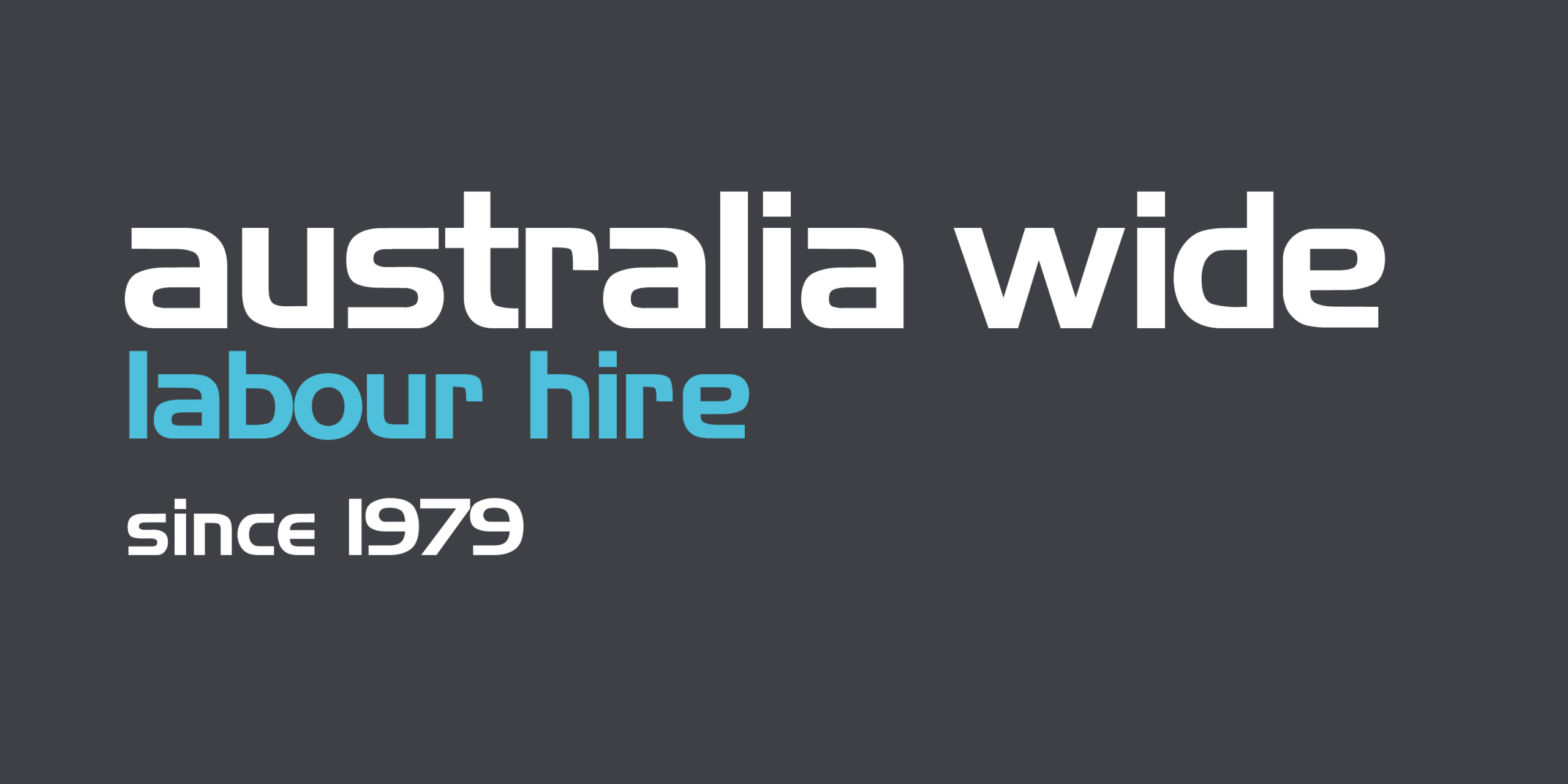Four Ways To Demonstrate Fit: How To Prep For Job Interviews
by Greg Johnson, LinkedIn
This post was originally posted on Ideas for Job Search, Career and Life.
Interview preparation is one of the most important aspects of the job search; however, the vast majority of job seekers simply wing the interview.
They figure they know themselves pretty well, and just go in with the idea they can answer the questions quite easily. However, with this approach, one of two things will happen. You will either be viewed as an also ran commodity of a job seeker, or the wheels will come off, and you will talk too much, say things you shouldn’t, and talk your way out of the job.
How are you preparing? How well do you prepare? Have you taken the time to tailor your resume for the job search then making sure you can speak to it? My good friend and mentor John Hall says “If you are not spending at least 40 hours researching the company, you are setting yourself up to be passed over.” What should be the focus of your job search?
There are many great resources for researching companies, but how do you focus that research to prepare for the interview? What information should you be looking for and how can you use it to market yourself? The goal for your interview is to demonstrate:
-
Position Fit
Do you have the knowledge, experience and skills to achieve the objectives of the position? What domain knowledge do you have? Not only do you need to look at what you have done in the past, you need to look at how it relates to what your responsibility might be in the new position. How are the products or services different from what you have experience with in the past? How is the function different from your previous experiences due to regulations or industry practices? What are evolving trends or products in the industry or function? How are technologies changing the position? What are the challenges facing the company, generally, and in regard to your position. What strengths and skills can you leverage to solve these challenges? How can you articulate your ability based on your research?
-
Value Fit
What are standard salary ranges for similar positions in the industry and geography? What are the market values and market shares for the company and the products and services you may be dealing with? What are the primary objectives of the position? What are the primary obstacles to achieving the objectives? How have you overcome similar obstacles or problems in the past, and what was your success? What have you contributed to previous organizations in similar roles in terms of revenue generation, cost savings or risk mitigation, especially in regard to the primary goals and obstacles? What value can you contribute to this organization.
-
Cultural Fit
What is the culture of the organization, and how does that resonate with you. Does it align with your professional ethics? What is the mission statement or primary values of the organization, and how do these align with you?
-
Passion/ Desire Fit
What do you know about the company and the competitors? What new products or services are they developing, and how will they impact the industry? How passionate are you about what the company does, the value it gives to its customers, and the quality or brand image they represent? In other words, what makes the organization special and different from other organizations so that you want to work for them?
By researching the industry and company you can answer these questions and position yourself as a solution and sought after value adding asset, rather than just being a commodity job seeker looking for a job and a salary.
